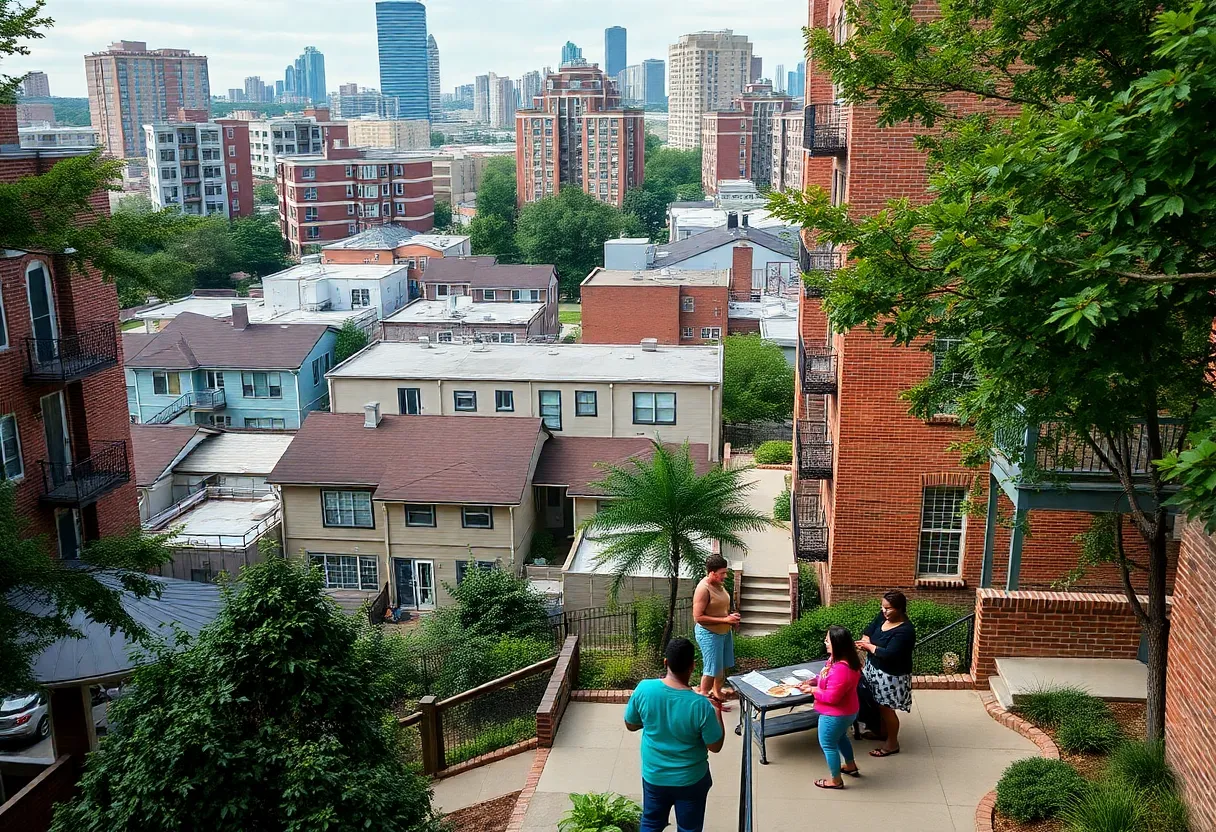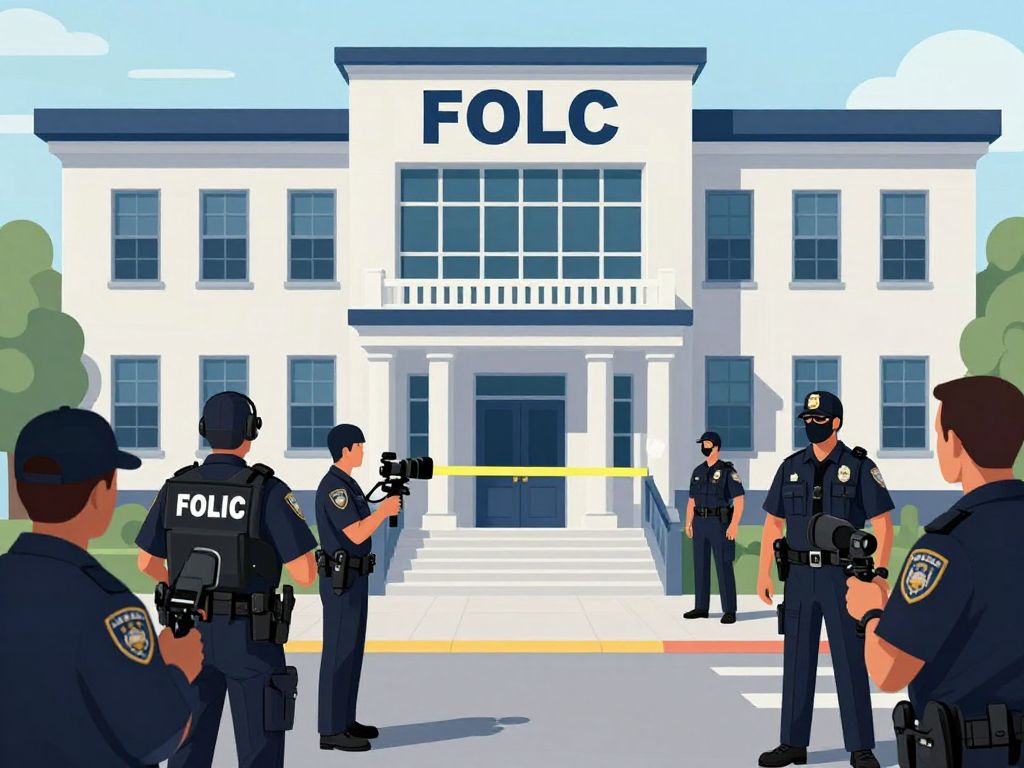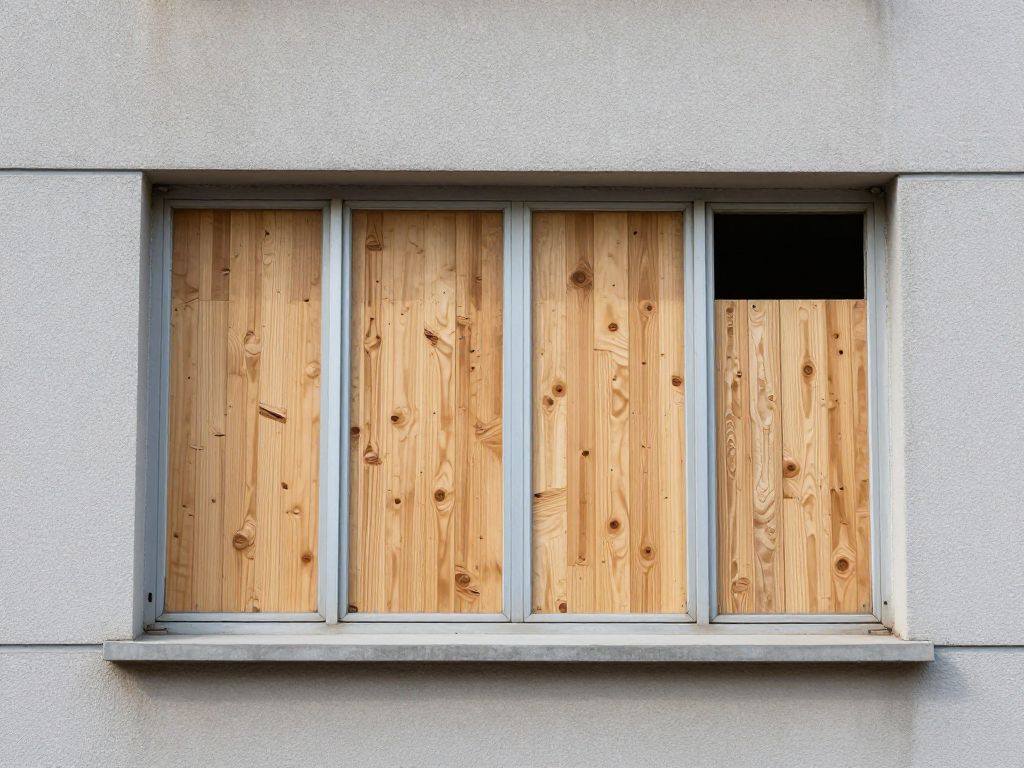News Summary
The Atlanta Housing Authority has approved a budget of $453 million for 2026 to enhance housing assistance programs. The budget includes $274 million for housing subsidies, aiming to support an additional 262 households. Financial literacy and education programs are also funded to help residents navigate housing options. Despite federal funding challenges, Atlanta plans to build or preserve 20,000 affordable homes by 2030, reinforcing its commitment to housing stability.
Atlanta — The Atlanta Housing Authority has approved a new budget for 2026, amounting to $453 million, aimed at bolstering housing assistance programs throughout the city. This substantial budget increase underscores the authority’s commitment to enhancing housing stability for low-income residents amid ongoing challenges in affordable housing supply.
Of the total budget, $274 million is earmarked specifically for the housing subsidies program, which will expand its reach to an additional 262 households, according to Atlanta Housing President and CEO Terri Lee. This program currently provides assistance to over 22,000 households in the Atlanta area, with the new funding set to help even more families secure stable housing.
The approved budget also encompasses provisions for financial literacy and education programs, which are deemed essential for helping residents navigate housing options and improve their financial stability. The Atlanta City Council previously allocated $17 million in 2024 to meet the affordable housing needs of low-income residents, highlighting a strategic focus on addressing housing inequalities.
Federal Initiatives and Support
The Biden-Harris Administration has committed to resolving the housing supply and affordability crisis across the nation through various initiatives, including increased funding for housing assistance programs. The U.S. Department of Housing and Urban Development (HUD) recently completed a $60.2 million Rental Assistance Demonstration (RAD) transaction with the Atlanta Housing Authority. This project focuses on the Cosby Spear Highrise, which was constructed in 1972 and is set to undergo significant rehabilitation that will introduce modern amenities and energy-efficient improvements. The estimated cost for constructing each unit within this project is around $213,000.
Funding for the RAD projects is derived from a combination of a commercial mortgage and four percent Low-Income Housing Tax Credits. The RAD program plays a crucial role in addressing the backlog of deferred maintenance in public housing, facilitating over $21 billion in capital investments aimed at enhancing or replacing more than 215,000 rent-assisted homes. The RAD initiative converts public housing assistance into project-based Section 8 rental assistance, ensuring affordability for very low- and extremely-low-income residents.
Challenges in Housing Funding
In January, a temporary freeze on federal loans and grants presented potential threats to housing assistance in Atlanta, although this was subsequently lifted by a federal court. The Atlanta Housing Authority depends heavily on federal resources, relying on them for nearly 98% of its funding. However, officials, including Mayor Andre Dickens’ chief policy adviser, have expressed serious concerns regarding possible federal budget cuts that could displace tens of thousands of residents, ultimately resulting in a $1.4 billion impact on local agencies that provide housing services.
A memo from the city suggested that a halt to federal funds could create a $224 million deficit in the housing budget allocated for housing vouchers and shelters. Moreover, potential cuts to federal housing support are predicted to exacerbate evictions and housing instability in Georgia, especially considering that there are currently over 340,000 extremely low-income renter households in the state.
Future Goals and Community Impact
In response to these challenges, Atlanta has set an ambitious goal to build or preserve 20,000 affordable homes by 2030. However, experts suggest that achieving this target will require a strategic shift away from such an over-reliance on federal funding sources. The anticipated reductions in the federal budget could diminish funding for HUD programs from $58.4 billion to $31.7 billion, complicating future housing initiatives.
Despite these hurdles, successful redevelopment projects like the Bowen Homes redevelopment signify progress towards improving access to affordable housing in Atlanta. Stakeholders are hopeful that continued investment and innovative strategies will lead to meaningful change in the housing landscape, ensuring that vulnerable populations receive the support they need.
Deeper Dive: News & Info About This Topic
HERE Resources
Atlanta Mayor Highlights Funding Discrepancies with MARTA
Atlanta Attractions Enhance Accessibility for All Visitors
Laseter Development Group Sets High Ambitions in Southeast Housing
Trump’s Ultimatum on Hostages and Gaza Resettlement
Eminent Domain Dispute Erupts in Fulton County
Atlanta Proposes Transitional Housing to Combat Homelessness
Atlanta Veterans Receive Major Funding for Housing Support
Job Fair at MARTA: Opportunities for Atlanta Residents
Additional Resources
- WSB Radio: Atlanta Housing Authority Allocates $274M for Housing Assistance
- Yield Pro: Atlanta Housing Authority
- AJC: Evictions and Homelessness Risks
- The Guardian: Atlanta Homelessness and Federal Funding
- PR Newswire: Bowen Homes Redevelopment
- Wikipedia: Housing in the United States

Author: STAFF HERE ATLANTA WRITER
The ATLANTA STAFF WRITER represents the experienced team at HEREAtlanta.com, your go-to source for actionable local news and information in Atlanta, Fulton County, and beyond. Specializing in "news you can use," we cover essential topics like product reviews for personal and business needs, local business directories, politics, real estate trends, neighborhood insights, and state news affecting the area—with deep expertise drawn from years of dedicated reporting and strong community input, including local press releases and business updates. We deliver top reporting on high-value events such as vibrant music festivals like Shaky Knees and Music Midtown, major cultural celebrations including Dragon Con and the Atlanta Film Festival, and iconic sporting events like the Peachtree Road Race. Our coverage extends to key organizations like the Metro Atlanta Chamber of Commerce and the Atlanta Convention & Visitors Bureau, plus leading businesses in logistics, beverages, and retail that power the local economy such as Delta Air Lines, The Coca-Cola Company, and The Home Depot. As part of the broader HERE network, including HEREAugusta.com and HERESavannah.com, we provide comprehensive, credible insights into Georgia's dynamic landscape.





